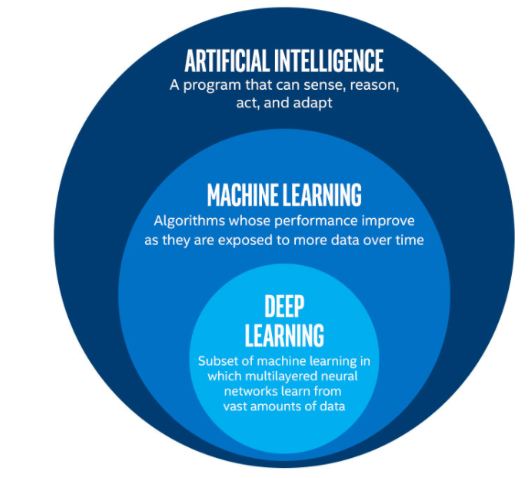Course Description: Introduction to Cyber Safety. Why is cyber safety a growing concern in the modern era? Understand the various events concerning Cyber Safety that are unique to the modern world. The training will include hands-on exercises and test questions. Class material will be provided to students in an electronic version.
Course Objectives: In this training, participants will learn to;
- Understand their digital footprint.
- Identify common cyber threats (phishing, malware, ransomware).
- phishing. etc
- Protect themselves from identity theft.
- Recognize attacker motives
- Practice safe online habits
- Avoid risks of oversharing Information
Duration: 16 hours (2 days), Hybrid /or Online Training class










